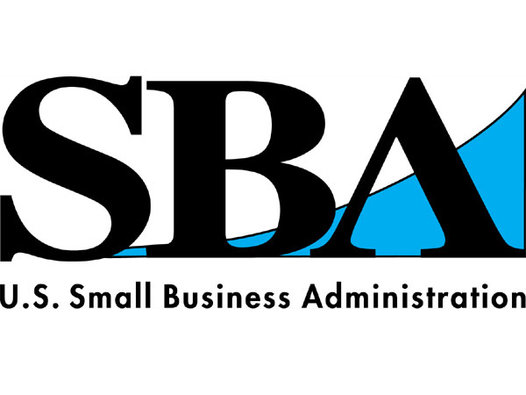
Beware of COVID-19 eMail Phishing Scams
In the wake of emergency assistance available to help small businesses in response to the Coronavirus pandemic (COVID-19), the SBA is urging disaster loan applicants seeking federal aid to be alert to phishing campaigns and scams. These malicious actors are impersonating the SBA and its Office of Disaster Assistance to collect personally identifiable information (PII) for fraudulent purposes.
The SBA is particularly concerned about scam emails that are targeting applicants of the SBA’s Economic Injury Disaster Loan Program asking them to verify their accounts using a third-party online platform to collect personally identifiable information.
Watch Out for Phony Emails Asking for Your Information
- Any email communication from the SBA will come from email accounts ending in sba.gov, and nothing more.
- Look out for emails that use the SBA logo in their phishing emails and phony schemes.
These may be attempts to obtain PII, access personal banking accounts, or to install ransomware or malware on your computer.
The SBA will never use a third-party platform to:
- Actively seek PII
- Search a third-party platform for or by PII, or
- “Follow” public users proactively without a waiver.
Government Employees Do Not Charge for Recovery Assistance
Additionally, federal agencies that provide disaster recovery assistance will never ask for a fee or payment to apply for financial assistance, and government employees do not charge for any recovery assistance provided.
Tips to Keep an Eye On
- The presence of an SBA logo in an email or on a webpage does not guarantee the information is either accurate or endorsed by the SBA.
- Help protect your identity and privacy by never providing your full name, date of birth, social security number, address, phone numbers, email addresses, case numbers, or any other PII in public-facing comments or responses to third-party emails.
- Loan applicants who receive email correspondence asking for PII are cautioned to ensure that any application numbers referenced in the email are consistent with your actual application number.
- Do not click on any links or open any attachments, which are often used in phishing email scams.
The best way to avoid being scammed is to safeguard your information like money in the bank. Always be vigilant in protecting your personal information and data assets. If you suspect an email is associated with a fraud scam targeting the SBA, report it to the Office of Inspector General’s Hotline at 800-767-0385 or online at https://www.sba.gov/COVIDfraudalert.
You can learn more about scams and fraud schemes on the SBA’s website at
https://www.sba.gov/COVIDfraudalert.
Loan applicants who have questions about SBA’s Economic Injury Disaster Loan program may call the Disaster Customer Service Center at 1-800-659-2955 (TTY: 1-800-877-8339) or send an email to disastercustomerservice@sba.gov.
